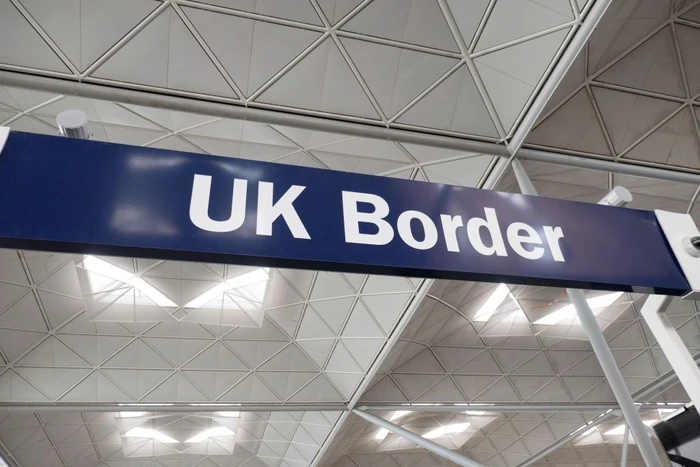Hundreds of Nigerian nationals have entered the UK by applying through a specialist visa scheme designed to attract exceptional literary talent.
The Global Talent visa,a route aimed at individuals with proven excellence in fields such as music, theatre, dance, and literature, has seen more applications from Nigerians in the literary category than from any other nationality. The scheme includes writers, poets, spoken word artists, oral storytellers, and graphic novelists.
Applicants must receive an endorsement from Arts Council England (ACE), a government-funded body empowered to assess and approve applications based on artistic merit. Once endorsed, successful applicants can bring dependents to the UK and stay for up to five years, subject to final Home Office approval.
However, over the past five years Nigerian applicants have submitted 125 applications under the literature category and more than twice the 61 submitted by U.S. citizens and significantly more than applications from Australia, Canada, and New Zealand combined.
Of these Nigerian applications, 54 received endorsements, the highest number of successful endorsements for any nationality. However, 70 were rejected, indicating a 59% success rate and one of the lowest, ahead only of Ghana.
The increase in applications reflects a broader trend: since 2019, submissions from Nigeria for all arts-related Global Talent categories (including music, theatre, dance, and visual arts) have risen by 2,225%, from just 12 applications in 2019 to 279 in 2024. In total, Nigerians have made 729 such applications second only to the U.S. (977).
The spike in applications comes as the Labour Government faces mounting pressure to reduce legal and illegal immigration. Critics argue that visa routes such as the Global Talent scheme are being exploited, while others point out that Nigeria has produced globally recognized authors, including Ben Okri, Chimamanda Ngozi Adichie, and Ayọ̀bámi Adébáyọ̀. Chinua Achebe’s classic novel Things Fall Apart remains widely taught in UK schools.
Still, the apparent surge in applications under the literary category has raised eyebrows. Arts Council England has endorsed more than 3,600 applications across all nationalities since 2019, out of over 5,000 total submissions. But the Home Office does not publicly disclose how many endorsed applicants were ultimately granted visas.
Other countries with high application rates include Russia (725), China (492), Australia (233), and India (160).
The report also comes amid debate over the UK’s shortage occupation list , a tool used to prioritize visa approvals for roles deemed hard to fill. Currently, that list includes creative professions like “poet,” “blogger,” and other writing roles, all falling under the broader category of “authors, writers, and translators.” The list is scheduled for review in December 2026.
A 2022 report by the Creative Industries Policy and Evidence Centre found that the median income for a self-employed writer in the UK was just £7,000 ,below the £12,570 tax-free personal allowance raising further questions about the economic impact of applicants using the route.
Despite these concerns, the government has pledged to protect skilled worker routes for those with specialist skills, including roles related to diversity and inclusion, as part of its broader immigration strategy.
Read also: Japa: UK issued Nigerians 300,000 visas in recent years – Envoy



